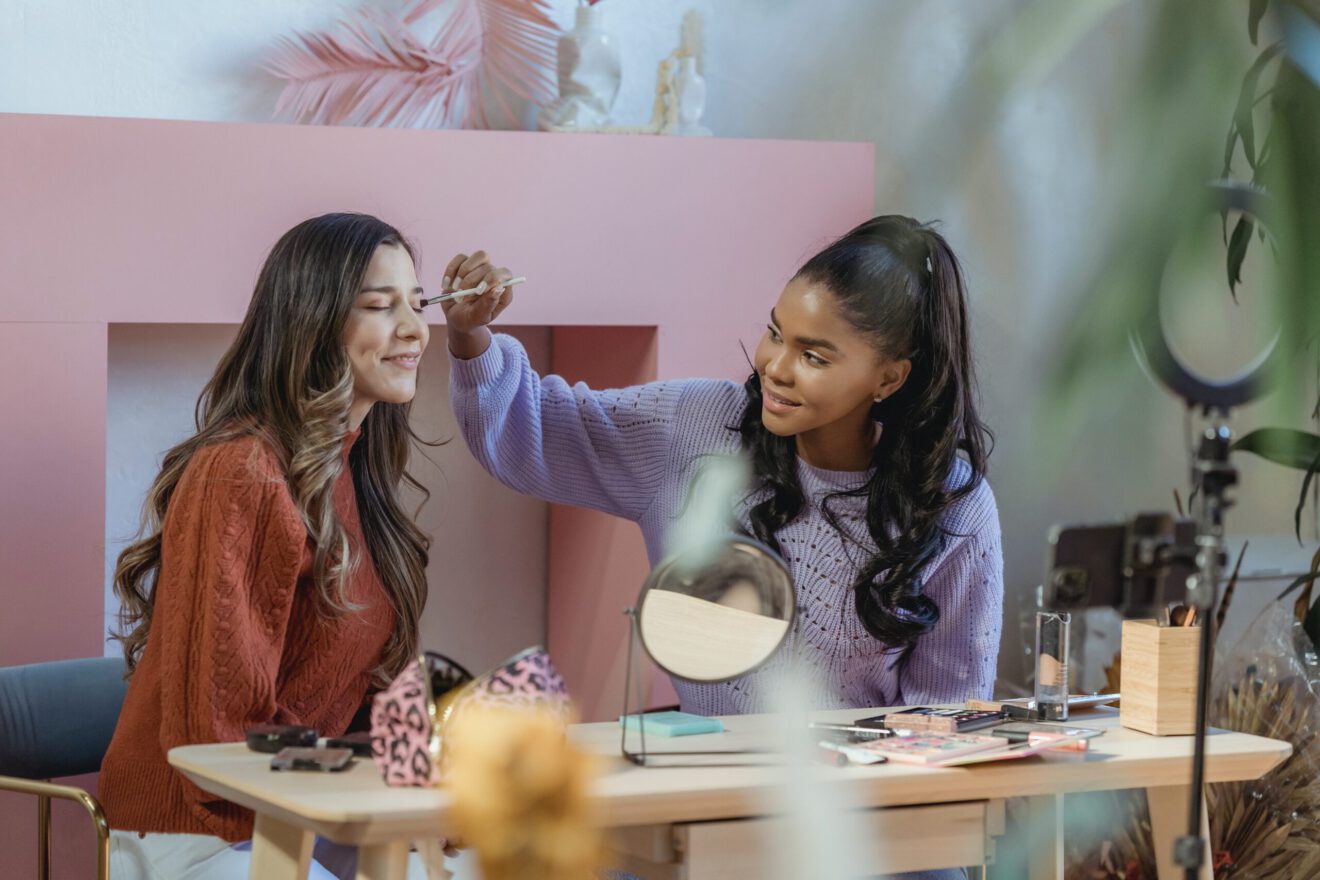Business is particularly tough right now. What with inflation, a potential recession around the corner and the Great Resignation. Despite spending billions on marketing, corporate America’s failure to engage audiences has led to revenue deterioration, customer erosion, brand weakness and job losses.
A McKinsey study, “Perspectives On Retail,” found that more than 75% of US consumers are trying new shopping behaviors and shattering brand loyalty, with Generation Z and high earners the most prone. Combined, millennials and Gen Z will be the largest US consumer group by 2026 at 30% of the population, with spending power of over $1.4 trillion per year. These groups of young(er) people are highly prized consumers who have very attuned bullshit radars for inauthentic marketing or for being sold a bill of goods.
How to change your marketing results
The “Influencer Effect” is the exponential impact of an influencer — not necessarily an A-lister — throwing their popularity, social capital and platform behind a particular cause or brand. The Influencer Effect is both psychological and social, with the intended audience mimicking the actions or recommendations of the influencer. An influencer can be a social media influencer, athlete, local news anchor, author, icon or even an animal on Instagram.
In their own way, each serves to shine the spotlight on your brand initiative and thereby attract the benefits of the Influencer Effect. In my three decades working with celebrities like Usher, Kevin Bacon, Daymond John, Celine Dion and many social media creators such as medical doctors, ministers and lifestyle mavens, I have seen the benefits of the Influencer Effect.
Influencer endorsements resonate more strongly with the Gen Z and millennial audiences than traditional advertising. Gen Z’s, in particular, say that they don’t mind being pitched by their favorite online social media personalities.
A study from the University of Arkansas, in collaboration with the Manchester Business School, found that consumers ages 18 to 24 actively develop their identities and appearance based upon celebrities. They are more susceptible to celebrity brand endorsements than other age groups.
Even for those older folks, an influencer endorsement — usually a celebrity — still resonates.
The Influencer Effect will increase awareness, support and revenues for your brand at a lower cost than advertising, no matter how big your company is or where it is located.
Influencer Effect with brand purpose
If you want to take your business to another level with Gen Z, millennials and the upcoming Gen Alphas, then the best way forward is to use the Influencer Effect for purpose as well as profit. Not only are consumers, per Zeno’s 2020 “Strength Of Purpose” study, four times more likely to buy from a company that has a social purpose, they are six times more likely to defend that company against public criticism.
Internally there also are significant benefits. A 2016 Study by Cone Communications revealed that over 75% of employees consider a company’s social and environmental commitments before deciding where to work. Moreover, a similar percentage would take a pay cut to work for a socially responsible company. Likewise, your potential customers would rather buy from a company that has a genuine and authentic social mission than one that does not.
Businesses and nonprofits benefit when each works independently with influencers. However, when companies, nonprofits and influencers combine forces correctly, the positive impact is magnified exponentially. I call this a multipact, and it unleashes a supernova Influencer Effect best described by the formula:
Business + Nonprofits + influencers = Amplified commercial & social impact to the Nth degree
One of the most effective multipacts to date has been “Pour It Forward,” which brought together Stella Artois, actor Matt Damon and the nonprofit he cofounded, Water.org. This multipact campaign raised approximately $8 million, provided clean drinking water to 3 million people and enhanced Damon and his organization’s reputation.
Stella Artois marketer Rowan Chidgey, praised the campaign for making the brand more relevant to young people. She said, “That’s been reflected not just in rising sales but in our brand equity as well.” Multipacts are a win-win-win.
By employing the Influencer Effect you will find your desired audiences and grow your business. It’s cost-effective and simple to implement. If you add a social initiative, then the impact on your profits, social impact, and our world can be breathtaking.
Paul Katz, author of “Good Influence,” is a veteran music industry executive, multi-Grammy nominee and thought leader in the cause influence field who has guided nonprofits, companies, high-profile artists and other influencers in driving meaningful social impact campaigns for more than two decades. As CEO and founder of social impact agency Entertain Impact, Katz’s marketing and advocacy campaigns have raised awareness, support and funds for numerous philanthropic, social justice and purpose-driven organizations over the past two decades.
If you like this article, sign up for the SmartBrief on Social Business email newsletter for free.
